The veteran Yehudi Menuhin School and Royal College of Music professor, who counts among her former pupils Alina Ibragimova, Nicola Benedetti and Chloë Hanslip, shares five views on string teaching
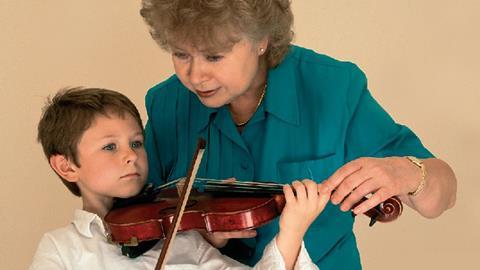
The following quotations are taken from a larger feature on violin pedagogue Natasha Boyarsky, originally published in The Strad’s September 2005 issue.
On aiming high
'I demand very high standards because my aim is to give my children a strong basis and to teach them to be independent. Music is a job, a profession, like any other. And it is no good doing things by halves.’
On the importance of starting early
‘You can’t put a figure on practice. It depends on the individual. The only rule is that you have to practise every day from childhood, to build up the muscles and a good basis. Those muscles need to be trained early, which is why at 16 you cannot become a violinist from scratch. Even if the student has excellent musicality, if they have no technique, it is too late for them to be a professional violinist.'
On intelligent listening during practice
‘Intelligence and discipline are absolutely necessary: talent will go to waste if it is not supported by solid technique and intelligent practice. Think of how many very talented musicians we have; yet not many of them can play properly because they cannot hear, analyse and correct what they’re doing. Some people have [the ability to work intelligently] naturally, but more often they develop it if they have a good teacher from early on. Technique is easier to teach; asking a student to listen properly is a lot harder. If you can make a student listen, then you have achieved the most difficult thing a teacher can do.’
On becoming a rounded musician
‘Studying wider subjects is important for musical children. Maths for logical thinking, English and history for a sense of period and style – it all feeds into a deeper understanding of music. Sport and playtime are important, too. Children must be allowed to develop in a natural and healthy environment. The point of my teaching is to make my students independent, and when this happens, when they are secure, they are free to continue without me. It is impossible to say when that will happen – like everything in music, it depends on the individual. I prefer to let a student achieve complete independence and maturity, even if it takes them longer, so that they are able to show their own personality.’
On playing musically mature repertoire
'Students need a strong basis before they can tackle difficult music, a basis that is not only technical, but also intellectual. Some teachers do not understand the limits of their students and they do not know the appropriate repertory, especially for younger violinists. They give Bach to seven-year-olds, who are too naive and inexperienced to play it sincerely.’
Interview by Aline Nassif
Photo: Malcolm Crowthers


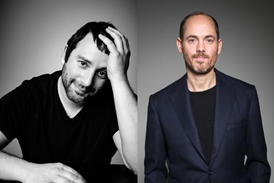
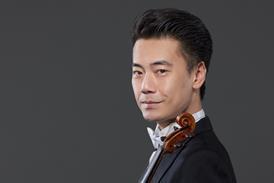
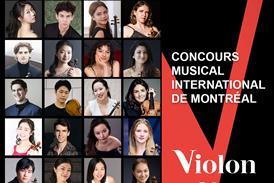





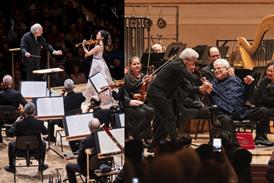
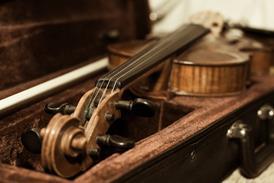




























No comments yet